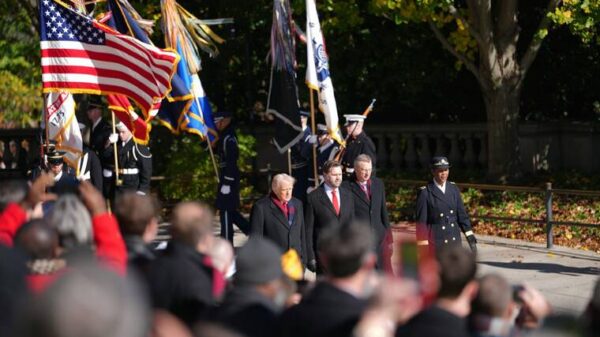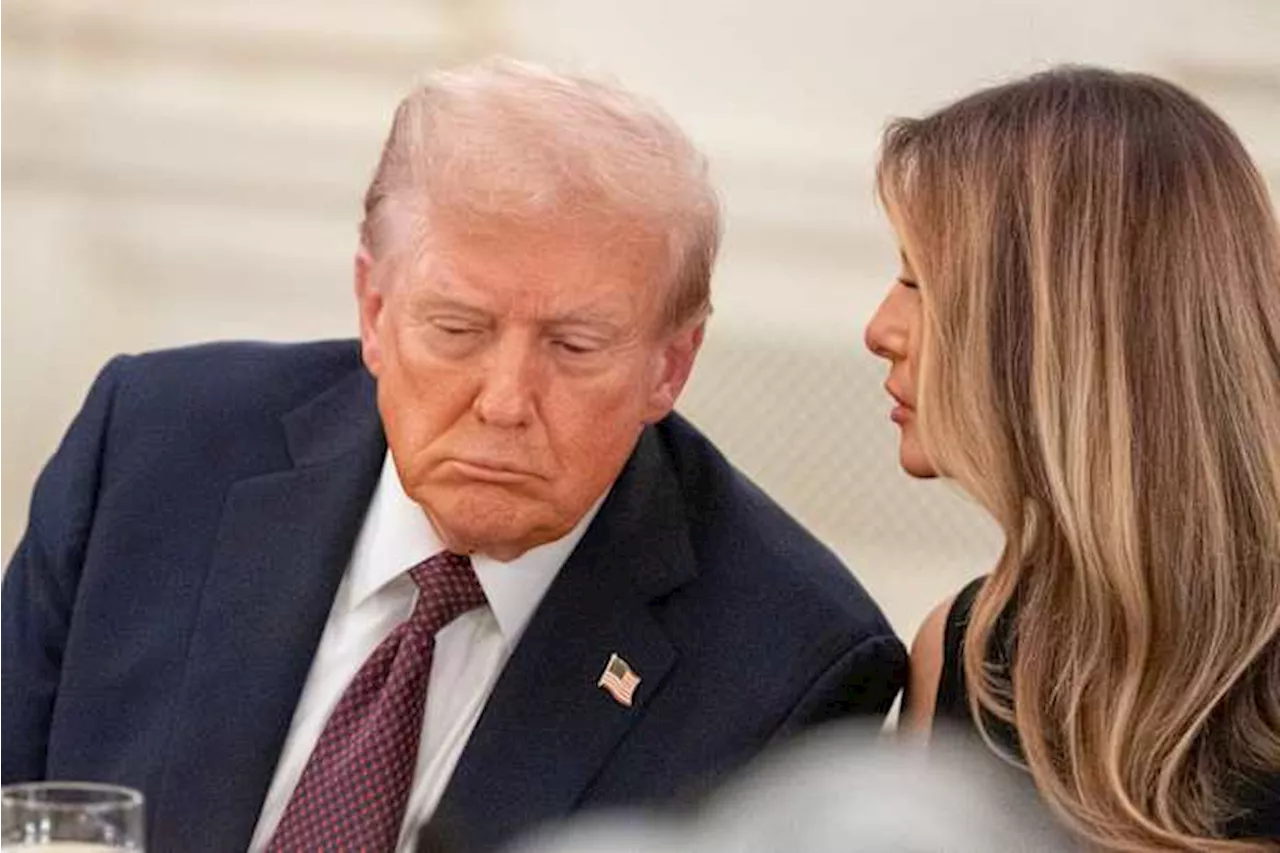President Donald Trump is redefining the role of the United States military, advocating for its use as a significant instrument in pursuing his policy objectives on domestic soil. This approach marks a departure from historical norms, where the military’s deployment within the country has typically been reserved for times of war or extreme national emergencies. Analysts express concern that this shift could alter the fundamental relationship between the military and the American public.
The discussion surrounding Trump’s military strategy intensified following his statements advocating for a more expansive role for the armed forces. This includes the potential for military intervention in civil matters, a move that many view as unprecedented. Such actions could set a precedent that challenges long-standing legal and cultural boundaries regarding military involvement in domestic affairs.
Implications of Military Engagement
Experts warn that using the military for domestic purposes may lead to a significant transformation in its public perception. Traditionally, the military has been viewed as a protector of national interests and a force for international stability. However, Trump’s vision could blur the lines between military action and civil governance, raising questions about accountability and oversight.
The implications of this shift are profound. David Rothkopf, a political analyst and author, noted that the military’s involvement in civil matters could erode public trust. “If the military is seen as a tool for political ends, it risks losing the respect and support of the very citizens it is meant to protect,” Rothkopf stated. This concern reflects a broader anxiety regarding the militarization of domestic policy.
Public Reaction and Political Landscape
The response from various sectors of the American public has been mixed. Supporters of Trump argue that a robust military presence is necessary to maintain law and order, particularly in light of recent civil unrest. Critics, however, fear that this approach could lead to the erosion of democratic norms and civil liberties.
Legislators from both parties are grappling with the implications of Trump’s military strategy. Some Republicans have expressed eagerness for the military to play a more active role in ensuring public safety, while others caution against potential overreach. Senator Lisa Murkowski of Alaska articulated the need for a measured response, emphasizing, “We must be vigilant in maintaining the balance between security and our constitutional rights.”
As the debate continues, the military’s role in domestic policy remains a contentious topic. The challenge lies in navigating the fine line between effective governance and preserving the foundational principles of democracy. With the situation evolving, the American public will be closely watching how these discussions unfold and what they mean for the future of civil-military relations in the United States.



































































